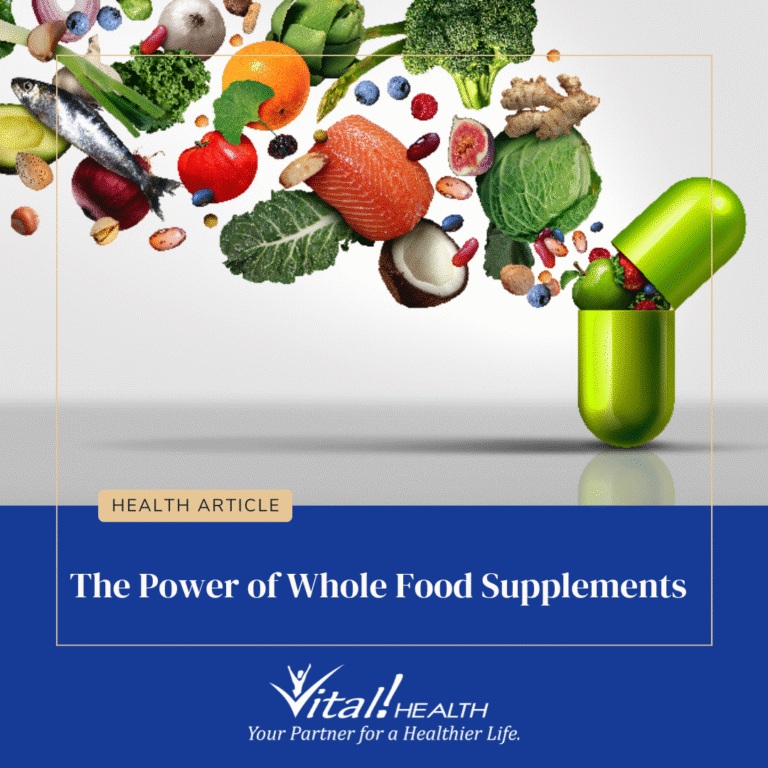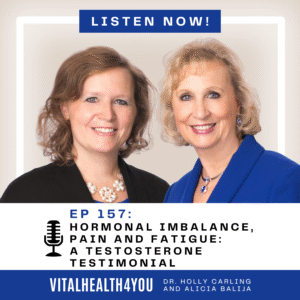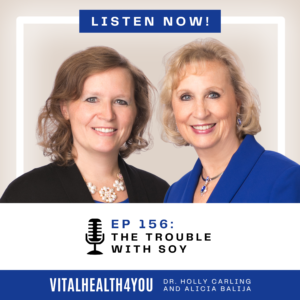When writing about the power of whole food supplements, we must first ask: why do we even need supplements at all? As a preface, not all vitamin supplements are the same — and many, if not most, are actually worse for you.
The vitamin supplement industry is a multi-billion-dollar machine. Profit often trumps quality. I remember back in 2004, teaching a class where participants brought their supplements for discussion. One mother proudly presented the multivitamins she gave her children. As I read the ingredients aloud, I made it through only three or four before bursting into tears, unbidden. Half-embarrassed, I exclaimed, “They are feeding this garbage to our kids?” I hadn’t previously looked at the ingredients of that popular children’s brand — and was horrified. The top ingredients included hydrogenated vegetable oil, three types of sugar, artificial colors known to be carcinogenic and behavior-altering, soy, artificial sweeteners, and lab-created chemical “vitamins.” And this was for kids!
But back to the original question: if we’re eating plenty of food, why would we need to supplement it?
The reality is, soil health today is a shadow of what it was a century ago. Modern agricultural practices have depleted the minerals and nutrients in our soils, leaving today’s food nutritionally hollow in comparison.
Poor dietary habits compound the problem. Most foods are so heavily processed that not only are nutrients stripped away, but vital enzymes necessary for digestion and absorption are lost too. Add to this the alarming rise in chronic diseases, which dramatically increases the body’s nutritional demands for repair and healing.
Beyond the obvious needs — growing children, pregnant women, the elderly, and those on medications that deplete nutrients — today’s toxic environment places a constant burden on the body. We are exposed daily to chemicals our ancestors couldn’t have even imagined 100 years ago. Detoxifying these modern poisons requires a far greater supply of nutrients.
Yet not all supplements are created equal. Synthetic, chemical-based vitamins do not nourish, repair, or protect the body. Only supplements made from real, whole foods — to truly “supplement” the missing elements from our diets — provide the synergistic matrix of nutrients that nature designed. It’s not the number of milligrams or percentage of “Daily Value” that determines effectiveness, but the biological compatibility and absorbability of the supplement itself.
According to Judith DeCava, author of The Real Truth About Vitamins and Antioxidants “A vitamin is not a single chemical substance. It is a biological complex made up of many interrelated substances that together perform a specific function in the body.” “Synthetic, isolated ‘vitamins’ are not true vitamins. They are chemical duplicates lacking the full, synergistic components necessary for vitamin activity.”“The body is equipped to handle nutrients as they appear in nature, in the intricate balance found within whole foods. It struggles with isolated, unnatural forms.”
Choosing the right kind of supplementation isn’t just important — it’s essential.
Want to hear more from Dr. Carling? Check out our podcast. Search for VitalHealth4You on your favorite podcast listening app or go to vitalhealthcda.com/podcasts/
©2025 Holly A. Carling, O.M.D., L.Ac., Ph.D.







